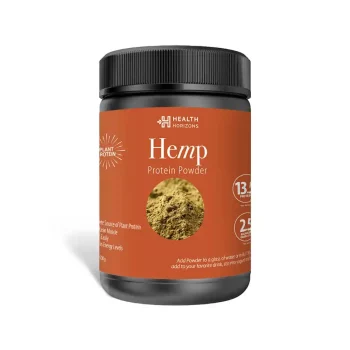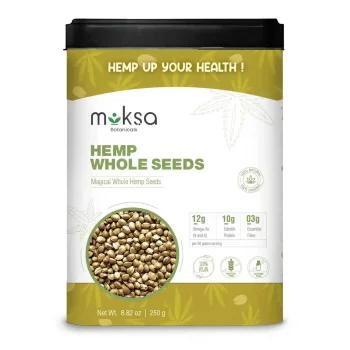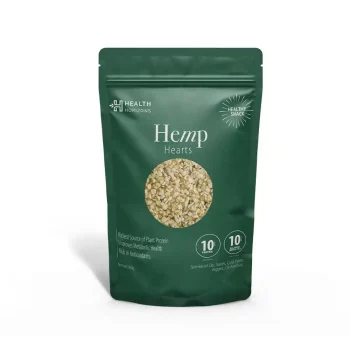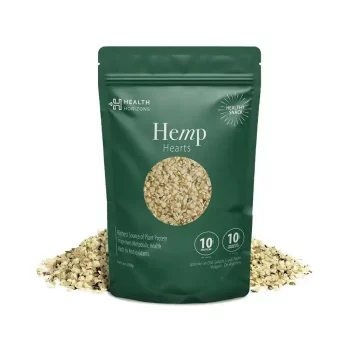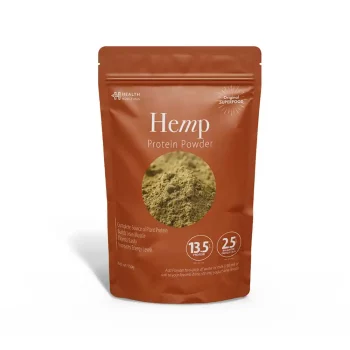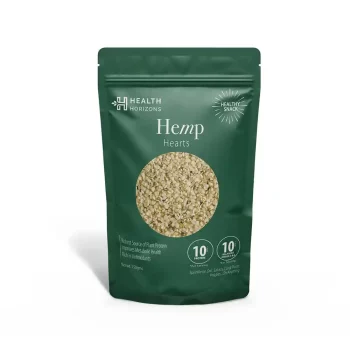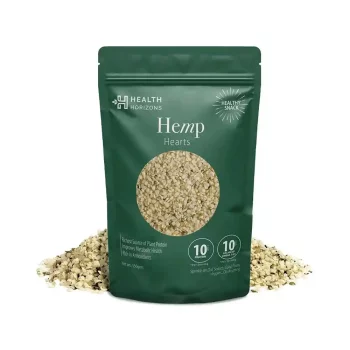Showing 1–12 of 333 results
What is plant protein?
Proteins are the building blocks of the human body. It is one of the five major nutrients required by the body to function properly. The other four essential nutrients are carbohydrates, fats, vitamins and minerals.
Why are proteins important?
The importance of proteins lies in their association with DNA and gene expression. Proteins are made up of smaller units called amino acids. They attach together to form chain-like structures. Amino acids are formed by DNA building blocks that determine the gene pool. There are 20 different types of amino acids that can be combined to make a protein. The way these amino acids are placed determines a protein’s 3-D structure. Thus DNA contains instructions for protein building.
Is plant protein better than animal protein?
Animal and plant proteins differ in their amino acid profiles, absorption rates, and overall nutrient content. These differences impact the choice of a user-:
- Reduced risk of chronic diseases: Eating a diet rich in plant protein has been associated with a lower risk of chronic diseases such as heart disease, type 2 diabetes, and certain types of cancer.
- Increased fiber intake: Plant-based proteins are often high in fiber, which can help to support digestive health, regulate blood sugar levels, and reduce the risk of chronic diseases.
- Improved weight management: Plant protein sources are often lower in calories and fat than animal protein sources, which can help with weight management.
- Lower environmental impact: Plant-based proteins are often associated with a lower environmental impact than animal-based proteins, as they require fewer resources (such as water and land) and produce fewer greenhouse gas emissions.
- Increased nutrient intake: Plant-based protein sources are often rich in vitamins, minerals, and other beneficial plant compounds, which can help to support overall health and well-being.
Why should one choose plant based protein?
What is plant protein?
Proteins are the building blocks of the human body. It is one of the five major nutrients required by the body to function properly. The other four essential nutrients are carbohydrates, fats, vitamins and minerals.
Why are proteins important?
The importance of proteins lies in their association with DNA and gene expression. Proteins are made up of smaller units called amino acids. They attach together to form chain-like structures. Amino acids are formed by DNA building blocks that determine the gene pool. There are 20 different types of amino acids that can be combined to make a protein. The way these amino acids are placed determines a protein’s 3-D structure. Thus DNA contains instructions for protein building.
Difference between plant and animal protein
Plant and animal proteins differ in terms of absorption rate, nutritional value, Amino Acid Profile and Environmental impact. Animal proteins There are some plant-based sources of protein that are highly digestible and have a high absorption rate. For example, soy protein isolates and pea protein isolate are two plant-based sources of protein that have been shown to have high bioavailability and digestibility, and are similar to animal protein in terms of amino acid composition.
Why is there a need for external proteins like plant proteins?
- Health Benefits: Plant-based proteins can provide many of the same nutrients as animal-based proteins but with less saturated fat and cholesterol. A diet that includes a variety of plant-based proteins has been associated with a reduced risk of chronic diseases such as heart disease, type 2 diabetes, and certain types of cancer.
- Environmental Impact: Animal agriculture is a significant contributor to greenhouse gas emissions, deforestation, and water pollution. By choosing plant-based proteins, individuals can reduce their environmental impact and help to promote sustainability.
- Animal Welfare: For individuals who are concerned about animal welfare, choosing plant-based proteins can be a way to reduce or eliminate their consumption of animal products.
- Variety: Plant-based proteins come in many different forms and can provide a wide range of flavors and textures, allowing individuals to experiment with new recipes and foods.
- Accessibility: Plant-based proteins are widely available and can be more affordable than animal-based proteins. In addition, plant-based proteins can be grown in a variety of climates and regions, making them a more accessible food source for people around the world.
Why is there a need for external proteins like plant proteins?
External or exogenous proteins are the ones that are obtained from external sources. These sources can be food or supplements. Exogenous proteins are needed because the body cannot produce all of the amino acids that are necessary for the body’s functioning.
Out of the 20 amino acids that are required for protein synthesis, 9 are such that are needed to be supplemented.
External proteins are also necessary for people who indulge in intense physical activity, are recovering from an illness or are indulging in muscle building.






